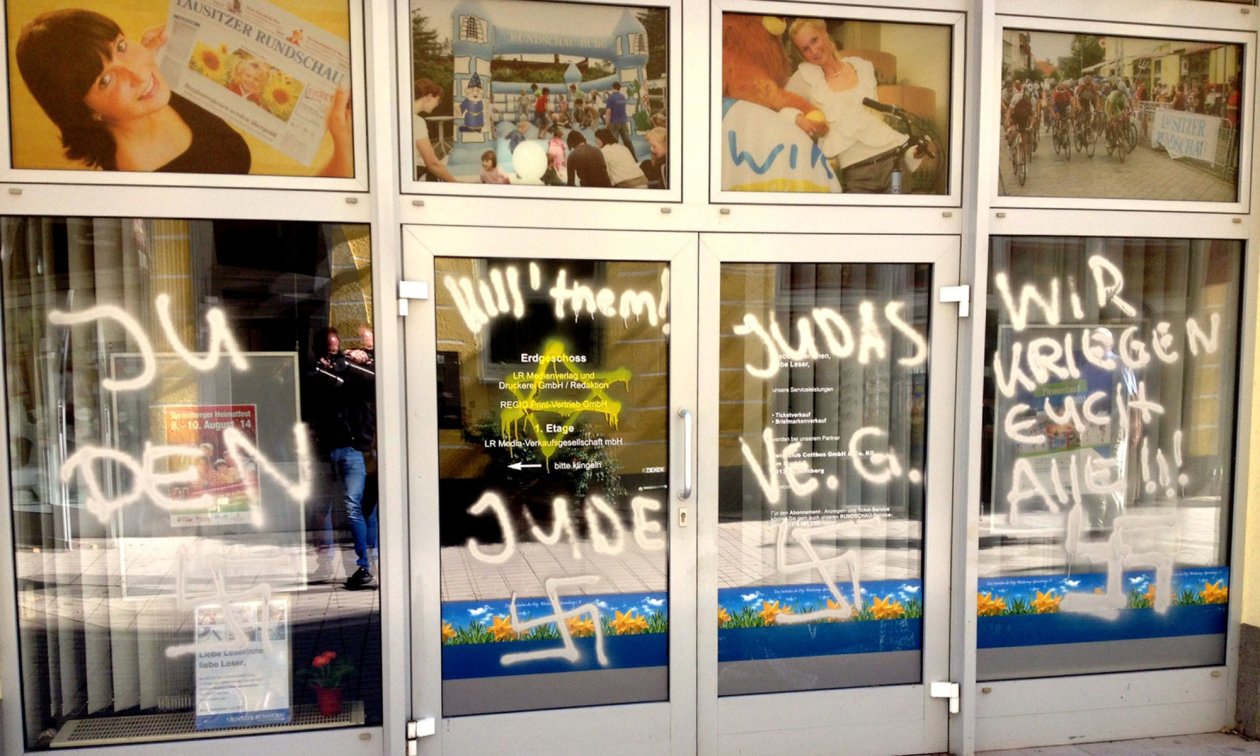The working environment for journalists in Germany is, on the whole, good. However, journalists are frequently subject to threats and attacks, especially when covering or researching the country’s far-right scene or the "Querdenker" (lateral thinkers) milieu. While Germany’s public service broadcasters can rely on funding from licence fees, more and more newspapers are fighting for survival and ever fewer have their own full editorial staff.




















